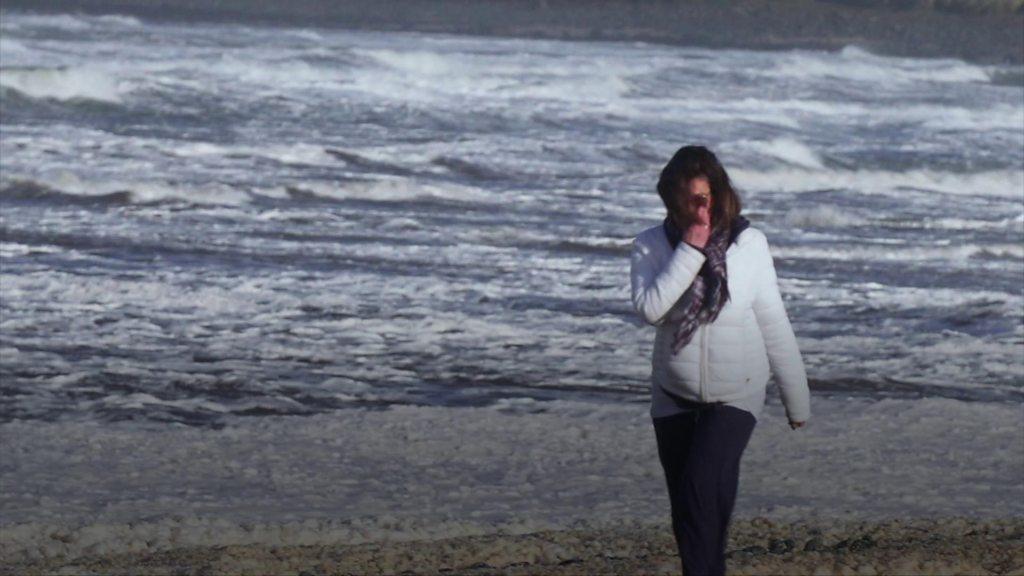Emergency services: 400 calls a week about mental health
- Published
- comments
Emergency services link up to aid mental health
The PSNI receive 400 calls relating to mental health every week.
From suicide to self harm to psychosis, the range of issues people have is wide and often complex.
Now the police, ambulance service and South Eastern Trust have joined forces to handle some of these calls differently.
The idea is to provide on the spot mental health treatment where the crisis is developing rather than a lengthy wait in a hospital Emergency Department.
'Prevent more distress'
"The difficulty arises when police officers arrive at someone's home, if they're in crisis the last thing they want to see is a police officer," explained Insp Mark Cavanagh, who heads up the project for the police.
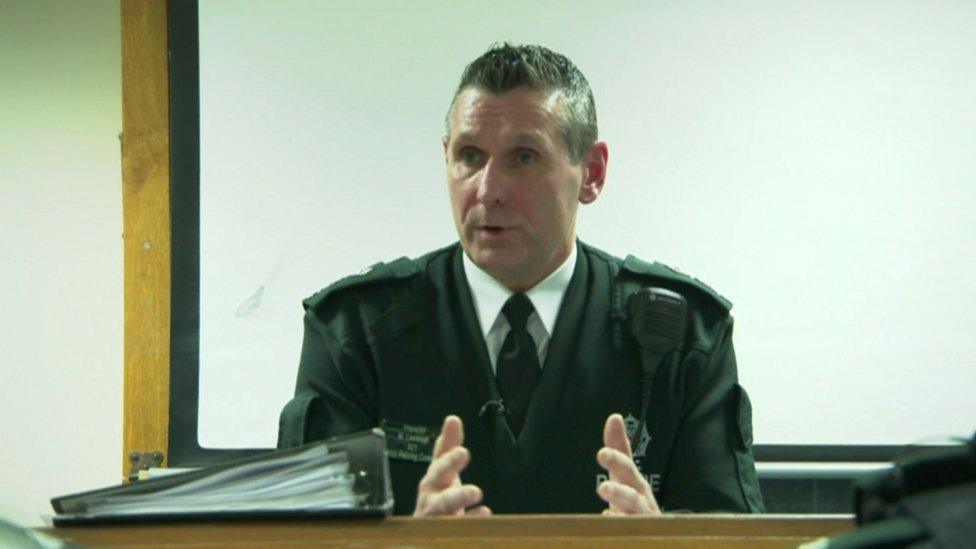
Insp Mark Cavanagh is the lead police officer on the project
"Very often, if the crisis can't be averted the police then have to accompany the person to an emergency department, adding to the stigma the patient feels, and very often it's a very time-consuming use of police time."
Don Bradley, who is in charge of mental health services for the South Eastern Trust, said it was often better for the person going through that distress if they could be treated where the emergency was arising.
"It could help defuse the situation and prevent a lot more distress or even further trauma, so that's why we all came together," he said.
'High risk'
The pilot currently operates in North Down and Lisburn at weekends.
The Multi-Agency Triage Team (MATT) briefs officers going on shift reminding them that they're available and can be contacted directly to assist people with a mental health vulnerability.
The team can then talk to the person on the phone and travel to see them with a paramedic and an ambulance on hand.
Paramedics have a range of skills to deal with people they assess but are limited in terms of mental health issues, said the Ambulance Service's Ciaran McKenna.
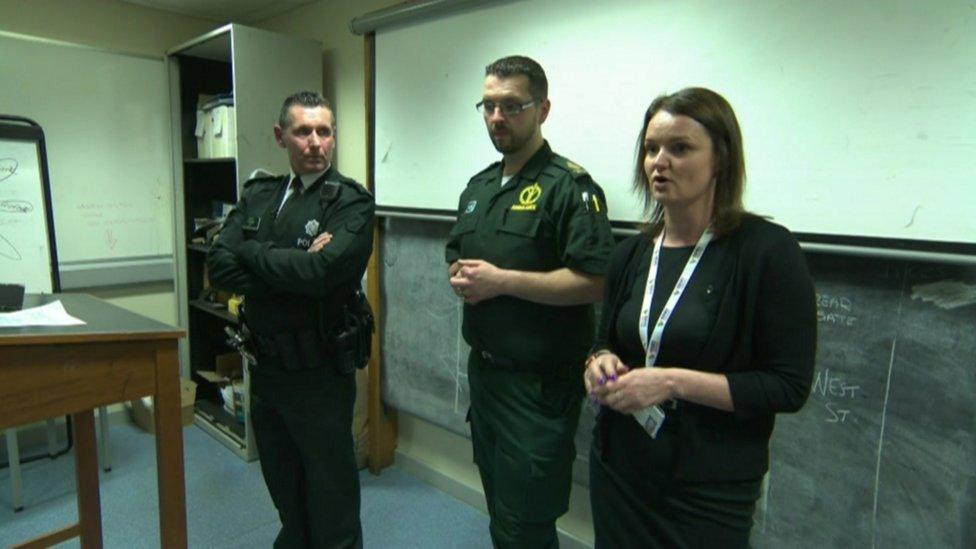
The Multi-Agency Triage Team briefs officers ahead of their shift
On one Saturday night in February, the first call was about a 38-year-old patient on a mental health ward who had left the hospital. He was deemed as "high-risk".
Insp Cavanagh explained: "We find that there is information on the health systems that we simply wouldn't have access to and whenever someone is high-risk that's where we join forces and try to locate that person and ensure their safety."
Karen McMillan, a Psychiatric Nurse on the team, said their database has access to the patient's full history.
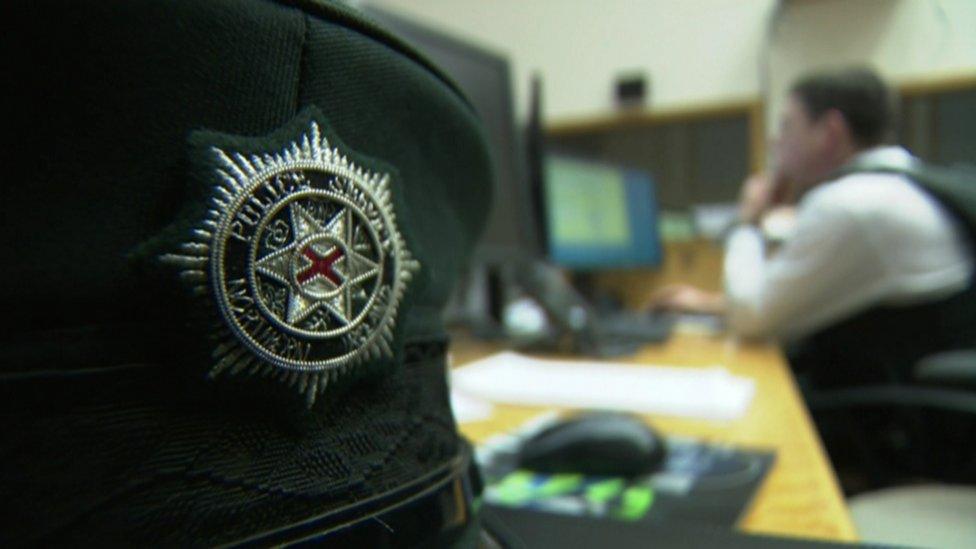
"We would also have most likely up-to-date contact numbers and we would in the first attempt try to locate this person," she said.
"We've been successful in the past where a missing person will take our call because we're from mental health and we've been able to keep that person on the line and engage that person to the extent that they will say where they are.
"Then we continue to talk to them on the phone while the police find them."
'Face-to face'
At 02:00 GMT another call came in about from the family of a 30-year-old man who was threatening to take his own life.
Local police officers were already at the man's house, but so far he has remained in a highly distressed state, causing a major concern to his family.
Ms McMillan talked to him on the phone and within minutes he started opening up about his concerns.
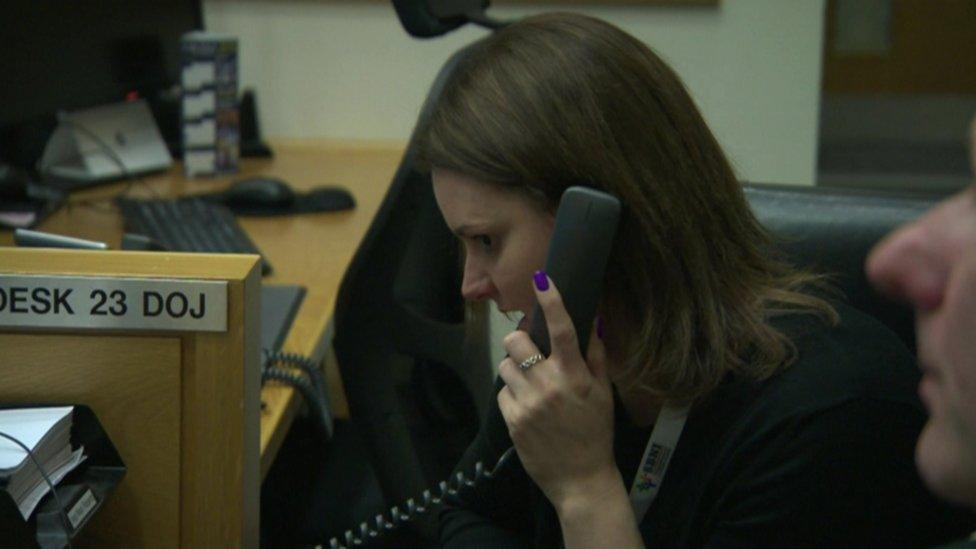
Psychiatric nurse Karen McMillan responds to many of the calls
He hadn't had any previous help from mental health services but had been at his local emergency department earlier in the day; he became agitated by the waiting time and left.
Ms McMillan asked him if he'd be willing to speak to a mental health nurse face-to-face, and he agreed.
"He is looking for help," she explained. "He has a lot of problems, he is struggling but he is seeking help."
"He feels that no one wants to help him and to break that down took a bit of time."
The team set off to his home and treated him in his own environment.
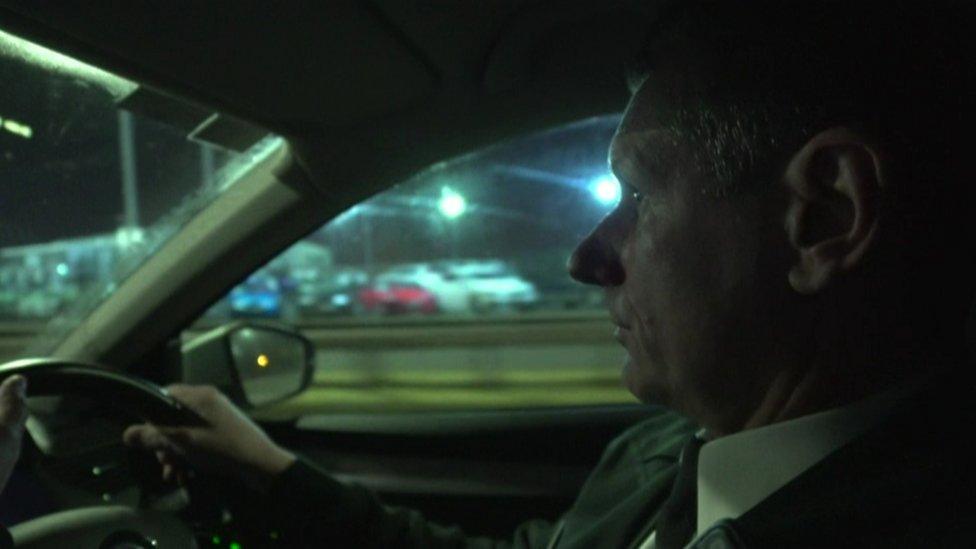
Insp Mark Cavanagh says it is important to have the help of other emergency services as some callers can be hesitant to see police officers at their homes
This is what makes this pilot scheme so unique.
"To have a mental health nurse sitting in someone's living room at 02:30 to offer that level of comfort and support to an individual in crisis," said Insp Cavanagh.
Forty minutes later, the mental health team had helped the patient and his family.
"Mental health problems impact on the whole family and we were able to offer them support too," said Ms McMillan.
'Enhance each other's service'
Returning to police headquarters, Insp Cavanagh said that call epitomises everything the services are trying to do.
"We got someone who was in crisis who had contacted the police the help and support they needed at 02:30, and that says it all," he said.
"Ordinarily we couldn't have offered that level of support, so we have to be eternally grateful for our partners the Ambulance Service and the South Eastern Trust for being there when we need them most."
Ms McMillan agreed, saying the services work well as a team.
"We've developed a very good working relationship," she said. "We enhance each other's service - this patient got a specialist service and we also got to give advice to his family."
It's hoped that the pilot scheme will eventually be rolled out across Northern Ireland.
- Published11 February 2019
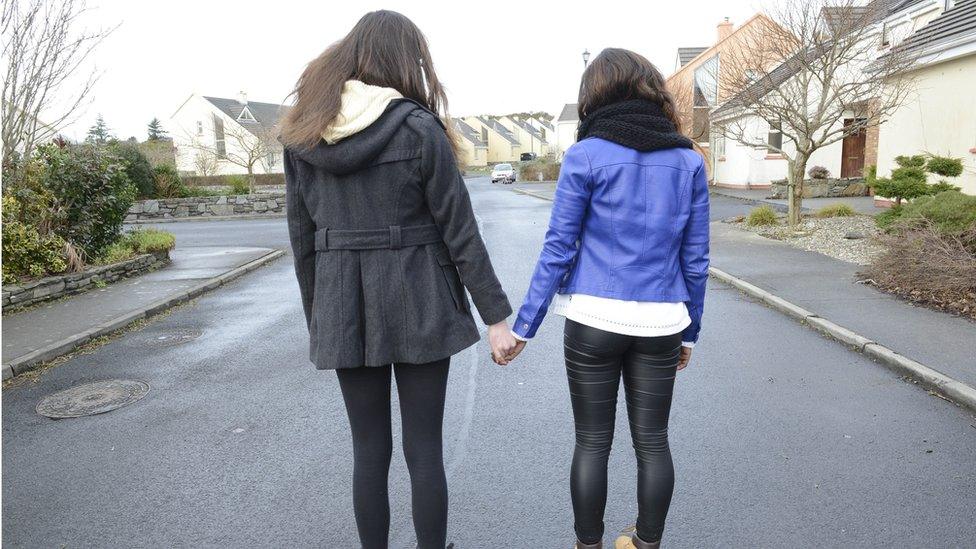
- Published8 February 2019
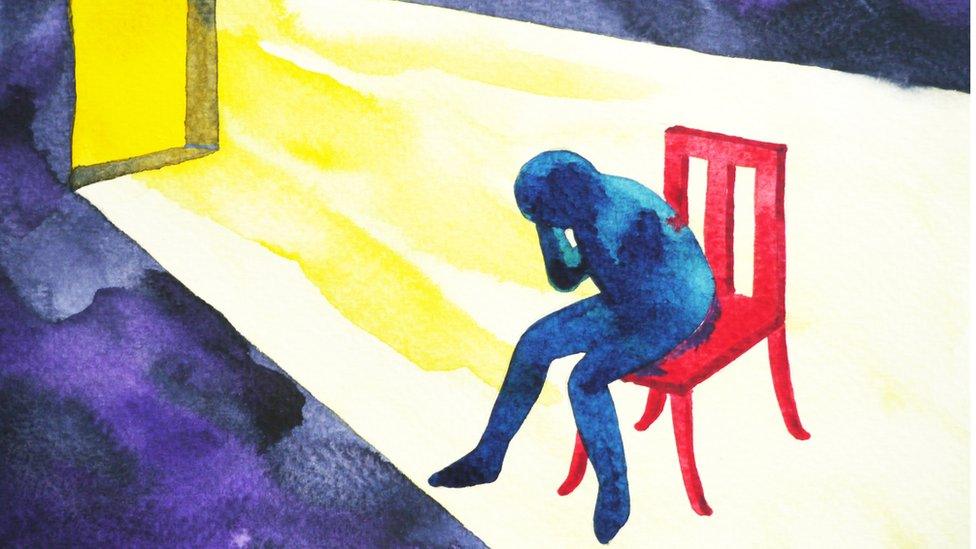
- Published29 November 2018
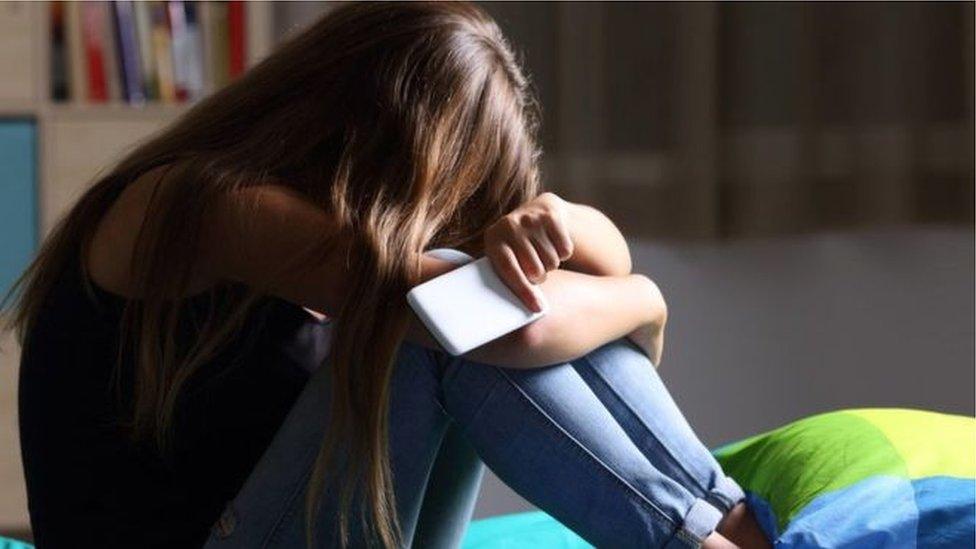
- Published29 October 2018
